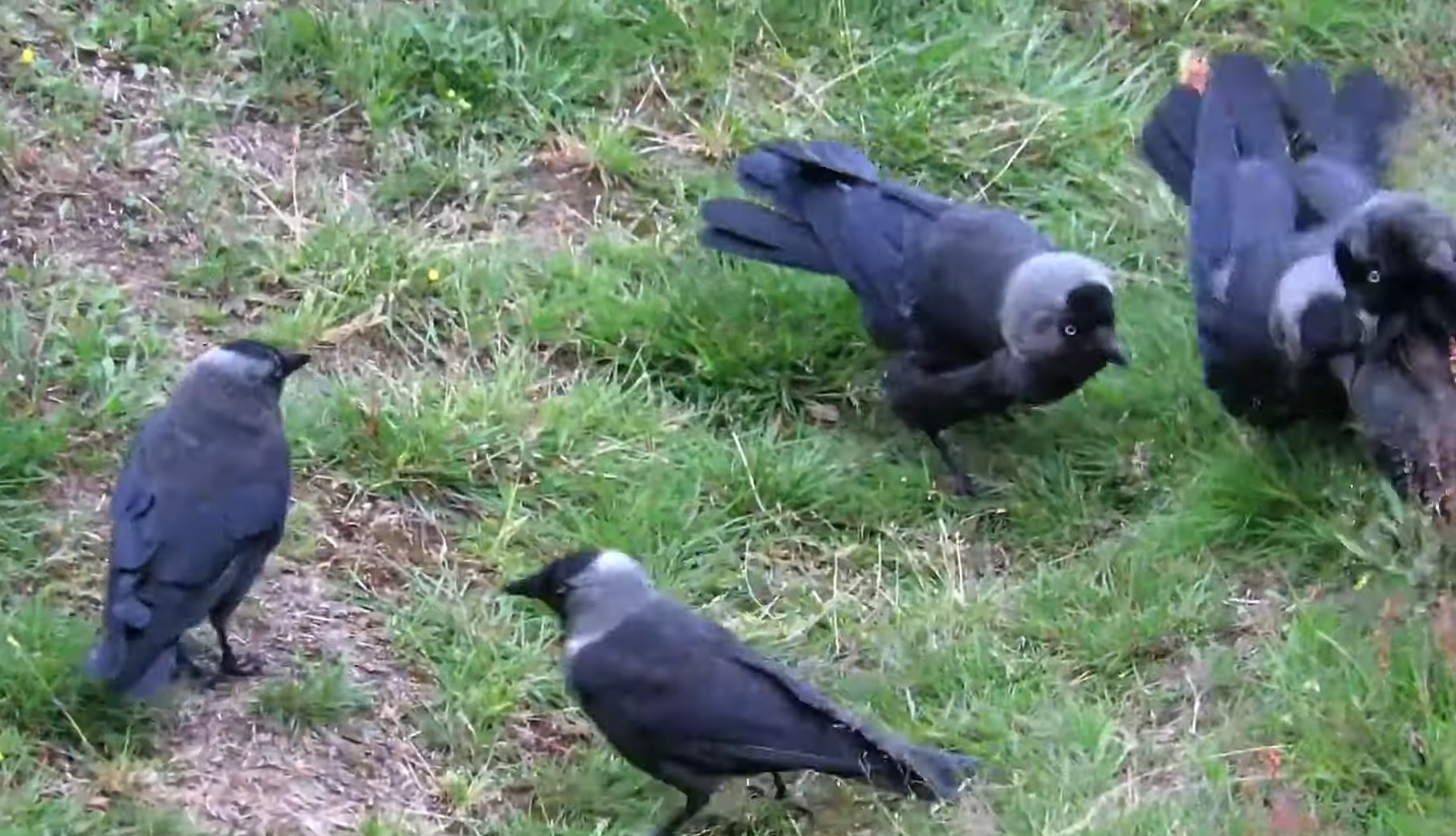
Photo :webshot.
May 24, 2022
Anna Murray
According to experts who investigated Jackdaw’s daily routines in depth, these little black crows rely on "democratic" decision-making to coordinate their efforts for the group interest. The findings, “Vocally mediated consensus decisions govern mass departures from jackdaw roosts,” were published May 23 in the research journal Current Biology, Elsevier’s premier platform of peer-reviewed literature ScienceDirect.
The Jackdaw is a little black crow with a silvery shine on the back of its head. The pale eyes stand out as well. The jackdaw's call is a familiar hard “tchack,” which is where the name comes from. Chimneys, buildings, rock crevices, and tree holes are all frequent places for it to build its nest. Jackdaws, which derive their name from their brief "Jack"-like squawk, can be found in big flocks known as "clatterings" over Asia, Europe, and North Africa.
The researchers from the University of Exeter and other institutions found Jackdaws appear to effectively express their willingness to leave through their calls, providing huge groups with a way of attaining consensus in order to undertake coherent, collective exits from the roost. Professor of Cognitive Evolution at the University of Exeter, Alex Thornton, discovered that, like humans, jackdaws of large animal groups may employ decision-making processes to overcome individual differences and establish a sense of democratic consensus.
